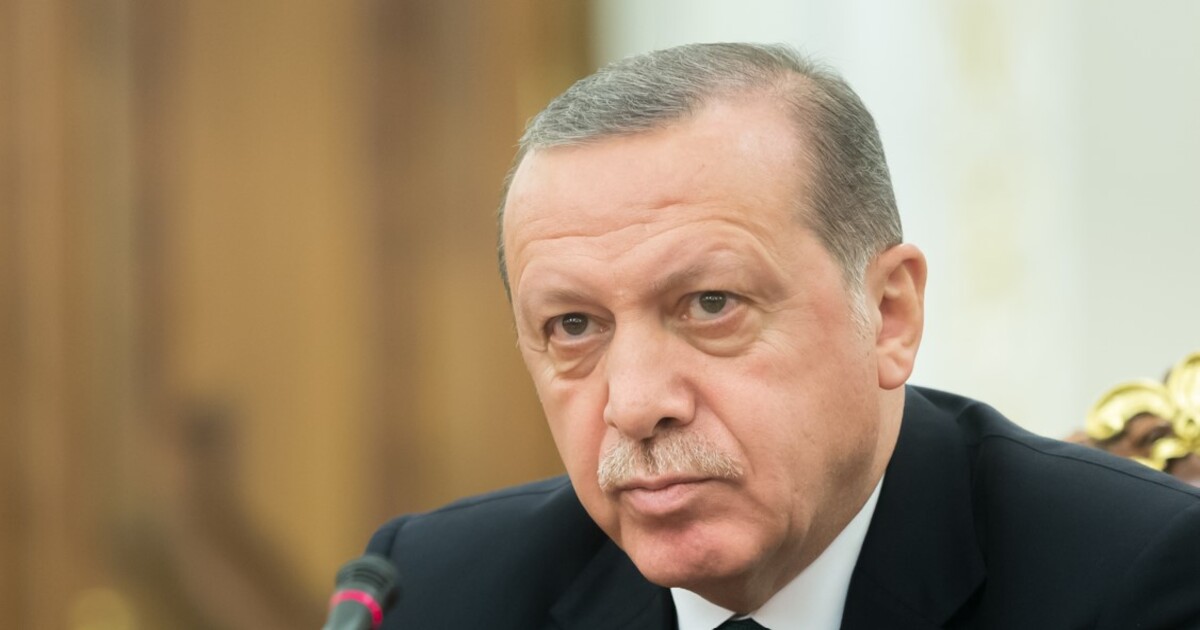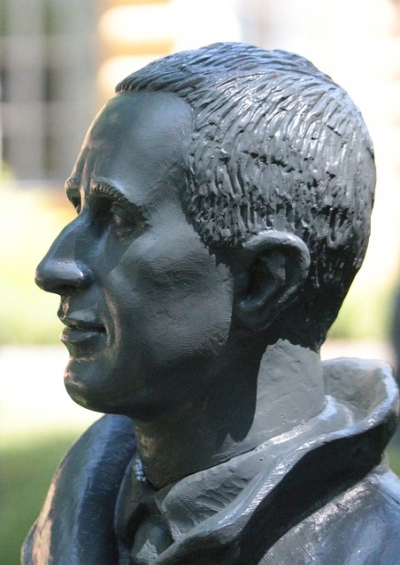Erdogan, Desperado and Constant Provocateur
Nothing seemed to stop Erdogan’s provocations on Europe’s eastern flank — until he met his match. The big losers are the Turkish people.
March 21, 2020

As if the onset of the coronavirus had not been bad enough, Europe also had to face down a renewed menace in the form of Recep Tayyip Erdogan, Turkey’s desperado and systematic spewer of provocations.
Erdogan: The polar opposite of Turkish hospitality
Non-stop Turkish aggression, including the tear-gassing support by Turkish police forces, made for images the EU leaders and their peoples will not forget.
Erdogan is so deluded, zealous and short-sighted in his pursuits that he does not even seem to recognize that he is turning himself into everybody’s enemy or laughing stock (the latter from Russia’s perspective).
Erdogan thinks that he is playing on the global piano of power politics, while in reality he is being played. The losers in all this are the Turkish people.
A man on the wane
Erdogan’s latest specialty — to try and infiltrate refugees and economic migrants from Africa to Afghanistan into Greece — forms part of his desperate last years as his popularity wanes.
No matter how hard he tries, political opposition inside Turkey is growing. Even worse for Erdogan, his adventurism in Syria and the eastern Mediterranean, presumed to raise his popular appeal, is heading towards a dead end.
That’s not the kind of neo-Ottomanism that Erdogan had earlier on not only envisaged, but strongly advertised as a core element of his long-term legacy.
Erdogan’s Rubicon
His latest effort was particularly surreal. Turkish soldiers and frontier officials sent a wave of 200-300 young Syrian and Afghani men across to the land border frontier at Evros river, close to the Greek-Turkish-Bulgarian border region.
Turkish forces fired tear and chemical gas at the Greek frontier border guards. In a rare show of solidarity, they were being helped by Austrian soldiers from the EU’s feeble Frontex units.
One must suspect that the times when these border protection forces were not given enough resources by EU national capitals to patrol and protect Europe’s external borders is over.
Blowing off Erdogan
In a particularly unusual and comical move, Greek security forces brought up giant industrial air blowers to the border line and turned them on in the direction of the Turkish side.
That elegant move left the Turkish security forces urging on the incursion by proxy into Greece sputtering and coughing as their tear gas came wafting back across the frontier.
It stands to reason that, across civilized Europe, Erdogan’s sub-human policy of weaponizing refugees and immigrants from Syria will not be forgotten.
Turning these people into means to destabilize Greece and working up anti-Hellenic nationalist populism inside Turkey to shore up his rule, may be a classic Erdogan move.
A tragicomic figure
Using these people as a source of permanent instability on the Eastern land and sea borders of Europe is one of the last arrows in Erdogan, the desperado’s quiver.
After 17 years at the top of Turkey, political support is ebbing for Erdogan. Major leaders of Erdogan’s Justice and Development Party (AKP), like the former prime minister Ahmet Davutoğlu and former finance minister Ali Babacan, have formed their own breakaway opposition parties.
The once scrappy Mayor of Istanbul and initially visionary prime minister Erdogan has morphed into a latter-day Sultan ensconced in a 1,150 room palace in Ankara.
He openly exhibits his delusions of Ottoman grandeur. He considers himself an equal to Trump and Putin and scorns Merkel and the EU leadership.
In reality, he is a man determined to sell his own people down the drain. And that is where, aside from all the increasingly comedic appearances and utterings of the wannabe Sultan, the tragedy lies. Erdogan has no respect for the Turkish people.
To him, they serve the same political utility function as the refugees. They are mere props of his endless delusions.
Erdogan getting schooled by Greece
One of Erdogan’s biggest miscalculations was to take on the new right-of-center Greek government which has found its footing after a ten-year recession.
Erdogan was counting on the usual polarized politics of Greece to weaken the Greek response. Instead, he found that his desperate challenge united all Greeks and all political parties in their resolve to defend their national and EU border with the East.
And not just that. It also, at very long last, united the rest of the EU with Greece. It came to the same conclusion and moved swiftly to reinforce its border force, Frontex, with additional armed units from Bulgaria, Poland, and Cyprus, in a much-needed show of solidarity.
The Turks discovered to their own dismay that Erdogan’s promises of a political humiliation for Greece and the EU did not work out. More so than ever, Greece remains the West’s physical and cultural frontier to the Muslim East.
The fact that it is too weak to contain Turkish expansionism on its own no longer matters. In times of the Coronavirus, that border will be held firmly.
Takeaways
Erdogan openly exhibits his delusions of Ottoman grandeur. He considers himself an equal to Trump and Putin and scorns Merkel and the EU leadership.
Non-stop Turkish aggression -- including the tear-gassing support by Turkish police forces -- made for images EU leaders and their peoples will not forget.
Erdogan thinks that he is playing on the global piano of power politics, while in reality he is being played.
The times when border protection forces were not given enough resources by EU national capitals to protect Europe’s external borders is over.
More so than ever, Greece remains the West’s physical and cultural frontier to the Muslim East.
Authors

Denis MacShane
Denis MacShane is a Contributing Editor at The Globalist. He was the UK’s Minister for Europe from 2002 to 2005 — and is the author of “Brexiternity. The Uncertain Fate of Britain” published by IB Tauris-Bloomsbury, London, October 2019. Follow him @DenisMacShane
George Courmouzis
George Courmouzis is a sports and media entrepreneur, working out of Greece and the United States. He has had business ventures in the Balkans, and has advised Greek Ministers and an ex Prime Minister. He has written articles on sports, focusing on the Olympic Games.

Stephan Richter
Publisher and “Editor-in-Chief of The Globalist, and Director of the Global Ideas Center, a global network of authors and analysts.
